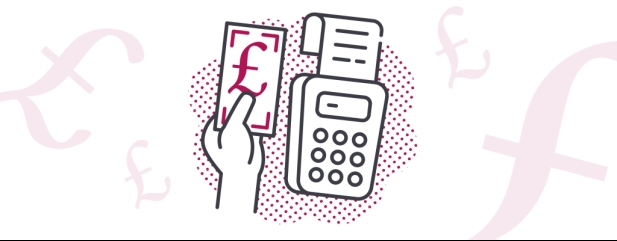Archived article
Please note that tax, investment, pension and ISA rules can change and the information and any views contained in this article may now be inaccurate.
How does salary sacrifice work with pension contributions?

I recently joined a new company and they’ve offered to automatically enrol me into the workplace pension scheme using ‘salary sacrifice’. What is this?
Anonymous
Tom Selby, AJ Bell Head of Retirement Policy, says:
Employers are required by law to contribute to your workplace pension when you do, while you should also benefit from upfront tax relief and tax-free investment growth.
In 2023/24, the minimum total contribution from both employers and employees for workplace pensions is 8% (with a minimum of 3% from your employer) of earnings between £6,240 and £50,270, although many firms offer more generous terms.
Under automatic enrolment rules, the employer chooses the pension scheme on behalf of their employees. Some employers may offer you an alternative to the main pension scheme, such as a SIPP, but they are under no obligation to do so.
Different pension schemes will receive your contributions in different ways, but in most cases, you should still get the tax relief you are entitled to.
If you are in a ‘net pay’ pension scheme, your personal contributions are taken from your salary before income tax has been paid. Provided you are earning above the personal allowance of £12,570 per year, after your pension contributions have been deducted, if you are in a net pay scheme you should receive all of your tax relief automatically.
However, if your annual salary is less than £12,570 (after pension deductions), you may not receive your tax relief automatically. Anyone in this position should speak to their employer and their pension scheme to discuss their options.
The other main way to receive tax is ‘relief at source’. If your pension scheme operates in this way, you pay contributions from your taxed salary and you will receive basic-rate tax relief automatically, regardless of your income tax band.
If you are a higher or additional-rate taxpayer and are entitled to extra tax relief, you can claim this from HMRC. Your extra tax relief will usually be paid to you via an adjustment to your tax code in the following tax year.
Some employers may also offer to pay pension contributions on your behalf via ‘salary sacrifice’ (on top of their normal contributions). This involves giving up a portion of your salary, with your employer instead paying you a ‘non-cash benefit’ – in this case, pension contributions.
This will mean you get your pension tax relief upfront, while also reducing employee and employer National Insurance contributions. In some cases, your employer may share some or all of the NI benefit they receive with you.
One thing to bear in mind when considering salary sacrifice is the impact it might have if you are made redundant. As your salary will be reduced, it is possible your redundancy entitlement will be reduced too. Taking less salary could also affect things like maternity and paternity pay, mortgage applications and some state allowances.
DO YOU HAVE A QUESTION ON RETIREMENT ISSUES?
Send an email to asktom@sharesmagazine.co.uk with the words ‘Retirement question’ in the subject line. We’ll do our best to respond in a future edition of Shares.
Please note, we only provide information and we do not provide financial advice. If you’re unsure please consult a suitably qualified financial adviser. We cannot comment on individual investment portfolios.
Important information:
These articles are provided by Shares magazine which is published by AJ Bell Media, a part of AJ Bell. Shares is not written by AJ Bell.
Shares is provided for your general information and use and is not a personal recommendation to invest. It is not intended to be relied upon by you in making or not making any investment decisions. The investments referred to in these articles will not be suitable for all investors. If in doubt please seek appropriate independent financial advice.
Investors acting on the information in these articles do so at their own risk and AJ Bell Media and its staff do not accept liability for losses suffered by investors as a result of their investment decisions.
Issue contents
Feature
Great Ideas
News
- State pension set to go up by 8.5% from April 2024
- How deal-hungry CVS became a dog with fleas
- Could Restaurant Group’s leisure disposal lead to a full break-up?
- Without fanfare, Berkshire Hathaway shares have climbed to all-time high
- Oil surge is reigniting fears over inflation as Brent hits $91 per barrel
- Burford Capital’s $16 billion court win is not a done deal
 magazine
magazine








